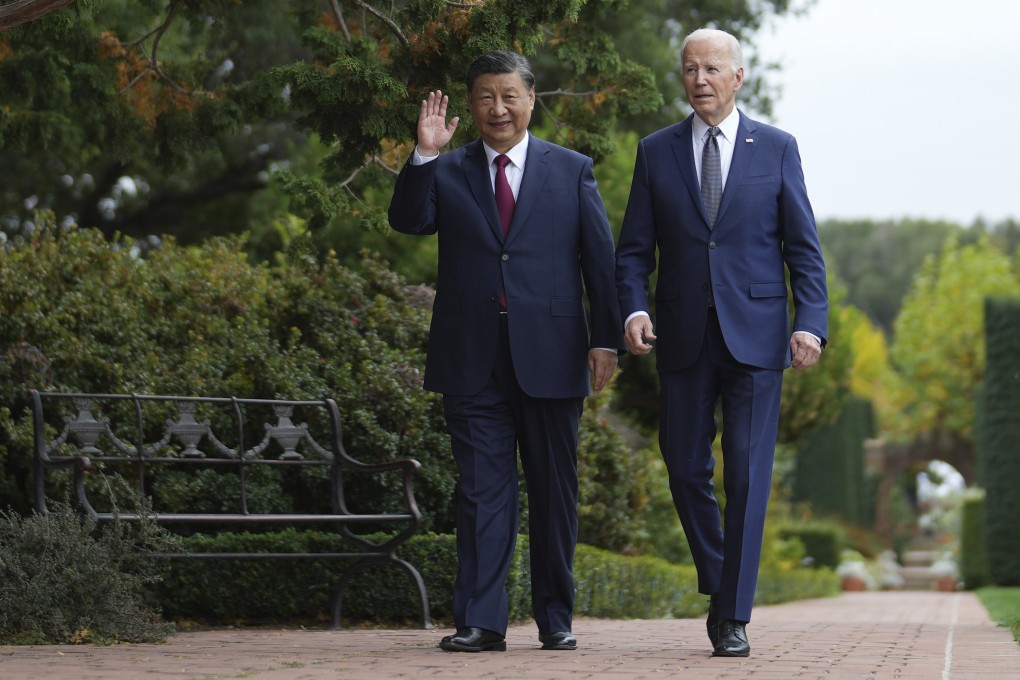Advertisement
US-China relations: both sides must see engagement as ‘moral imperative’, Hong Kong forum told
- Speakers at an event discussing the relationship view recent developments as positive but warn that events such as Taiwan’s elections could strain ties
- The forum hears that trust is ‘really low’ and that more efforts are needed to build bridges
Reading Time:3 minutes
Why you can trust SCMP
2

The United States and China should view engagement as a “moral imperative” and build greater trust as they seek to manage tensions, a forum in Hong Kong has heard.
While last month’s meeting between presidents Xi Jinping and Joe Biden was seen as positive, speakers at the event said relations could be tested by events such as next month’s Taiwanese elections.
John Thornton, chair emeritus of US think tank Brookings, said both Washington and Beijing needed to recognise their place in the world and increase the frequency of their communication.
Advertisement
“The world has changed. They’re the centre of the world and how the two governments interact has to materially change,” he said.
“At a time when you need absolutely the opposite, what’s going on? We’re getting less and less communication.”
Advertisement
Thornton was speaking as part of a fireside chat at an event organised by the University of Hong Kong’s Centre on Contemporary China and the World.
Advertisement
Select Voice
Select Speed
1.00x